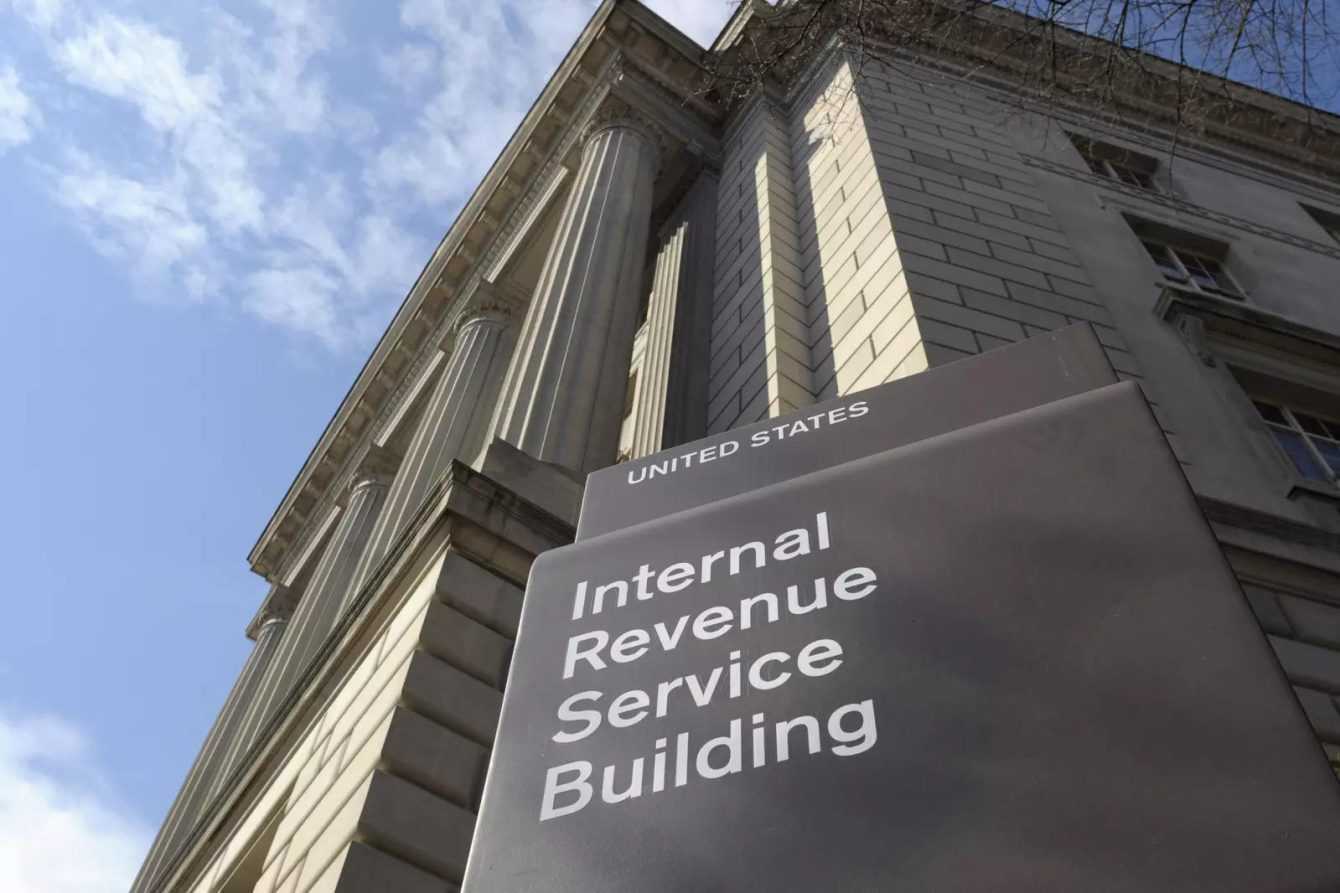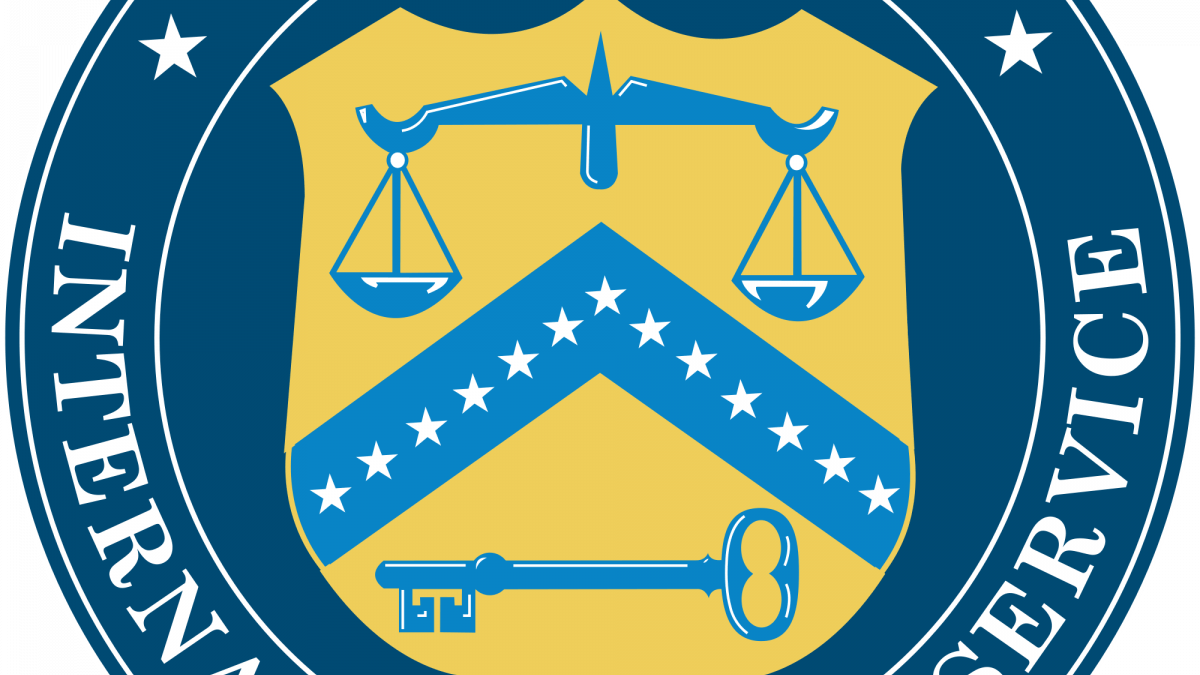Is it possible to negotiate Internal Revenue Service (IRS) penalties and how do you do it? Let’s try to clarify
The Internal Revenue Service (IRS) severely fines those who fail to comply with applicable tax laws and regulations. These penalties can be severe, so it is essential that taxpayers understand their rights and how to negotiate a settlement if they face an IRS fine. This post provides an overview of how IRS penalties work and why negotiation is the best route to dealing with them.

Common Internal Revenue Service (IRS) tax penalties
Here are some of the most common penalties applied by the tax authorities:
1. Sanctions for failure to declare
The Internal Revenue Service (IRS) requires taxpayers to pay a non-filing penalty if the tax return is not filed on time or not at all. This fee is calculated as one percentage of the total unpaid amount, with charges increasing over time; it can vary from 5% to 25%. Therefore, failure to file your tax return in due time could go down a particularly costly avenue.
2. Penalty for omitted payment
The penalty for non-payment is applied to taxpayers who they don’t pay their taxes on time or fail to pay the full amount due. The fine is calculated as a percentage of unpaid taxes and accrues on a monthly basis until the tax debt is paid in full. The fine is 0.5% and the maximum fine is 25% of the unpaid tax amount.
3. Penalty for accuracy
The accuracy penalty is imposed on taxpayers who make mistakes or understate the amount of tax owed on their tax return. The fine is usually 20% of non-payment of the tax due to the error or underestimation. The IRS may waive the penalty if the taxpayer can demonstrate that the error or understatement was due to reasonable cause and not willful negligence.
4. Other Sanctions
There are several other penalties the IRS can impose on taxpayers, including the penalty for fraud, the penalty for filing an unfounded tax and the penalty for the recovery of the trust fund. The fraud penalty is applied to taxpayers who submit fraudulent declarations or omissions on their tax return. The penalty for submitting unfounded tax returns is applied to taxpayers who submit unfounded tax returns or refund requests. The trust fund recovery penalty is imposed on individuals who, although they are responsible for collecting and remitting payroll taxes on behalf of their employers, do not do so.
It is important that taxpayers understand these penalties and take the necessary steps to avoid them. Hiring a tax professional or experienced accountant can help taxpayers navigate complex tax laws and regulations and avoid costly fines.

Steps to Negotiating IRS Sanctions
Negotiating with the taxman can be a daunting experience, especially when it comes to dealing with penalties. However, there are steps you need to take to ensure a successful outcome. In this article, we’ll discuss how to negotiate tax penalties in four simple steps.
1. Review the alert
The first step in negotiating IRS penalties is to carefully review the notice. This notice will provide you with full details of the fines that have been applied to you, including the amount owed and the reason for the fine. Understanding the specifics of your penalty is important because it will help you determine the appropriate course of action.
2. Determine the applicable penalties
After reviewing the notice, you’ll need to determine what penalties apply to your situation. The most common penalties include failure to submit, failure to pay and penalties related to accuracy. It’s important to note that penalties are often calculated based on a percentage of the tax owed, meaning they can add up quickly.
3. Gather the necessary information
Before contacting the tax authorities to negotiate penalties, it is essential to gather all the necessary information. Between these, any documentation that may support your casesuch as evidence of financial hardship, illness or disability, or any other extenuating circumstances that may have contributed to the fine.
4. Consider hiring a tax professional
Finally, if you don’t feel comfortable negotiating with the taxman on your own, consider the possibility of hiring a tax professional. A tax professional, such as an attorney or chartered agent, can help you manage the negotiation process and potentially reduce or eliminate penalties. In addition, she has better knowledge of tax laws and regulations and can provide valuable advice on how to approach the negotiation process. Negotiating with the taxman can be nerve-wracking, but by following these steps you can increase your chances of success.

Approaches to Negotiating Internal Revenue Service (IRS) Sanctions
When dealing with IRS fines, there are several approaches individuals or companies can take to negotiate a lower fine or even to obtain its complete cancellation. It is worth consulting reputable companies such as Ideal Tax. Let’s look at some of these approaches in detail:
Managing tax penalties can be a tedious and complicated task. However, by using any of the methods described above – or perhaps even combining them – taxpayers have an opportunity to reduce their taxes and make amends with the government. It is essential to consult a tax expert, who will be able to clarify which approach is best suited to your specific case.
Final considerations
If you face tax penalties, don’t let them overwhelm you! Take a few moments to reflect on the many avenues available and do some research. Furthermore, contact professionals specialized in this sector and keep meticulous records of any evidence that could support your arguments – this will increase your chances of successfully reducing fines. That’s all from the web and social section, keep following us!
















Leave a Reply
View Comments